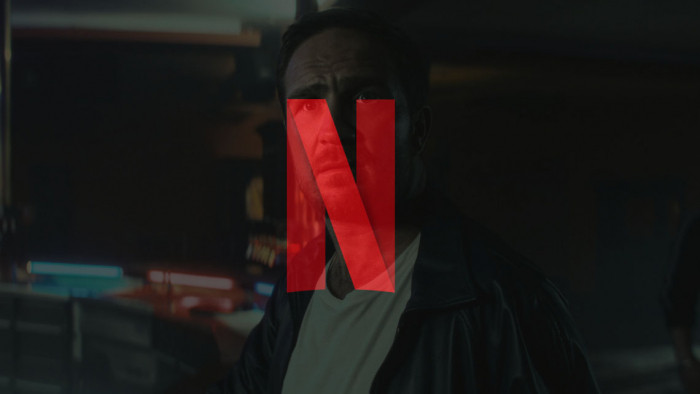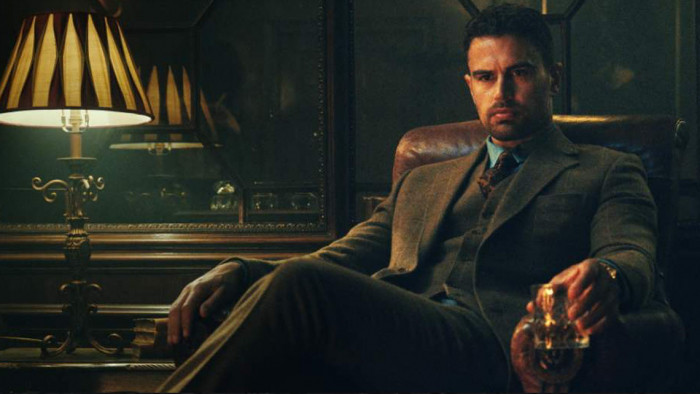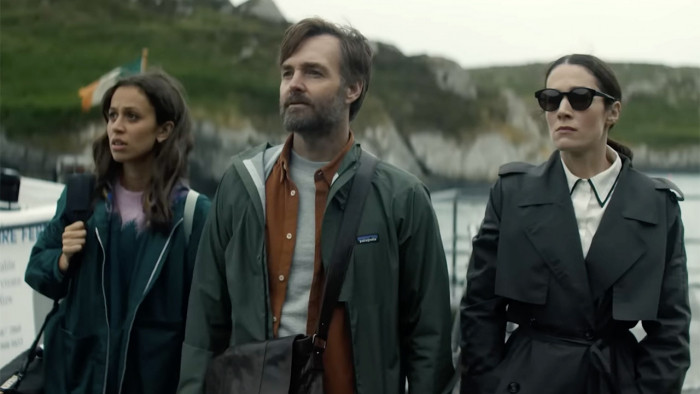You have to watch 'The Keepers' - the true crime story with something 'Making a Murderer' lacks
A true crime hit - but with something extra


Who killed Sister Cathy? On 7 November 1969, Sister Cathy Cesnik drove from her apartment in a quiet Baltimore suburb to a nearby shopping centre to buy a gift. She never returned. Her body was found atop a garbage dump two months later. No one was ever charged with her murder, and the case remains unsolved.
So begins The Keepers, Netflix’s latest true crime docu-series, which unfolds over the course of seven hour-long episodes. While this juicy whodunnit is sure to bring in the viewers, it’s what happens in episode two that raises The Keepers above similar fare.
The theory goes that Sister Cathy was murdered because she was about to expose sexual abuse at Archbishop Keough High School by then chaplain, Father Joseph Maskell.
When The Keepers is good, it makes for truly incredible television. While Making a Murderer was a Grisham-esque courtroom drama, and The Jinx was a Hitchockian thriller (complete with perhaps the greatest ‘gotcha’ in all true crime documentary), The Keepers is more PD James meets Spotlight –An Unsuitable Habit For A Woman, perhaps.

Make that two women. At the centre of the story are Gemma Hoskins and Abbie Schaub, a pair of amateur sleuths and former students of Sister Cathy fighting to keep her case alive.
Abbie, the reserved researcher, and Gemma, the unflinching interrogator, devote their free time to chasing down leads and digging up dirt. And they are brilliant at it. “The story is not the nun’s killing," says Abbie. "The story is the cover-up of the nun’s story.”
As unlikely heroes go, they are rivalled only by Jerry Buting and Dean Strang, the dynamic laywer duo who became the breakout stars of Making a Murderer.
Unlike that show, and others of its ilk, The Keepers, through Sister Cathy and abuse survivors Jean Wehner and Teresa Lancaster, adds a dimension too often missing in the true crime narrative: the voice of the victim.
Sister Cathy is given a voice through the anecdotes of students and family, and through her own letter and poetry, which all paints a vivid portrait of a beloved sister and teacher, a young woman whose life was cut brutally short because she refused to stay silent.

Through Jean Wehner, aka Jane Doe, we are given a rare first person account of the horrific sexual abuse she suffered at the hands of Father Maskell, the details of which are recounted so starkly by Wehner, and with such bravery, that these scenes make for difficult viewing.
Indeed the most powerful moment in The Keepers is delivered by Wehner, when she breaks down in tears after reading a letter she wrote to the Baltimore Archdiocese detailing her abuse.
The series has its issues, too. As with all narrative non-fiction, particularly in the true crime genre, the presentation of information is troubling at times. In spinning a compelling narrative over seven hours, The Keepers is chock full of storytelling trickery designed to thrill, and deployed to deliver the kind cliffhangers that stop you switching off.
One such device is to hold key info back until the latter episodes, so that when it arrives it’s less a drop in the lap than a slap in the face, less a gotcha than a fuckya. These manufactured twists jar somewhat, cheapening proceedings a little. Thankfully it’s not enough to derail this story, or its protagonists.

Those looking for neat conclusions may find themselves unsatisfied. Arriving as it does some 48 years after the murder, many of the subjects and suspects named have since died, including Joseph Maskell in 2001. For their part, The Baltimore Archdiocese refused to appear in the documentary, responding only to written questions with written answers.
But there is hope that, like with Serial and Making a Murderer, this expose will lead renewed interest in the case, and that perhaps some justice can be had in potential legislative reform to help get convictions in historic abuse cases.
The Keepers is ostensibly about the evils of men, and the evils of men who cover up the evils of men. But what it’s actually about is women. The courage and strength and tenacity of women. Women not content to stay silent. Women sick of cover-ups and cowardice, who refuse to suffer any more of it. Women who won’t stop until they get the truth.
If there’s any justice in the world, The Keepers is going to be huge.








